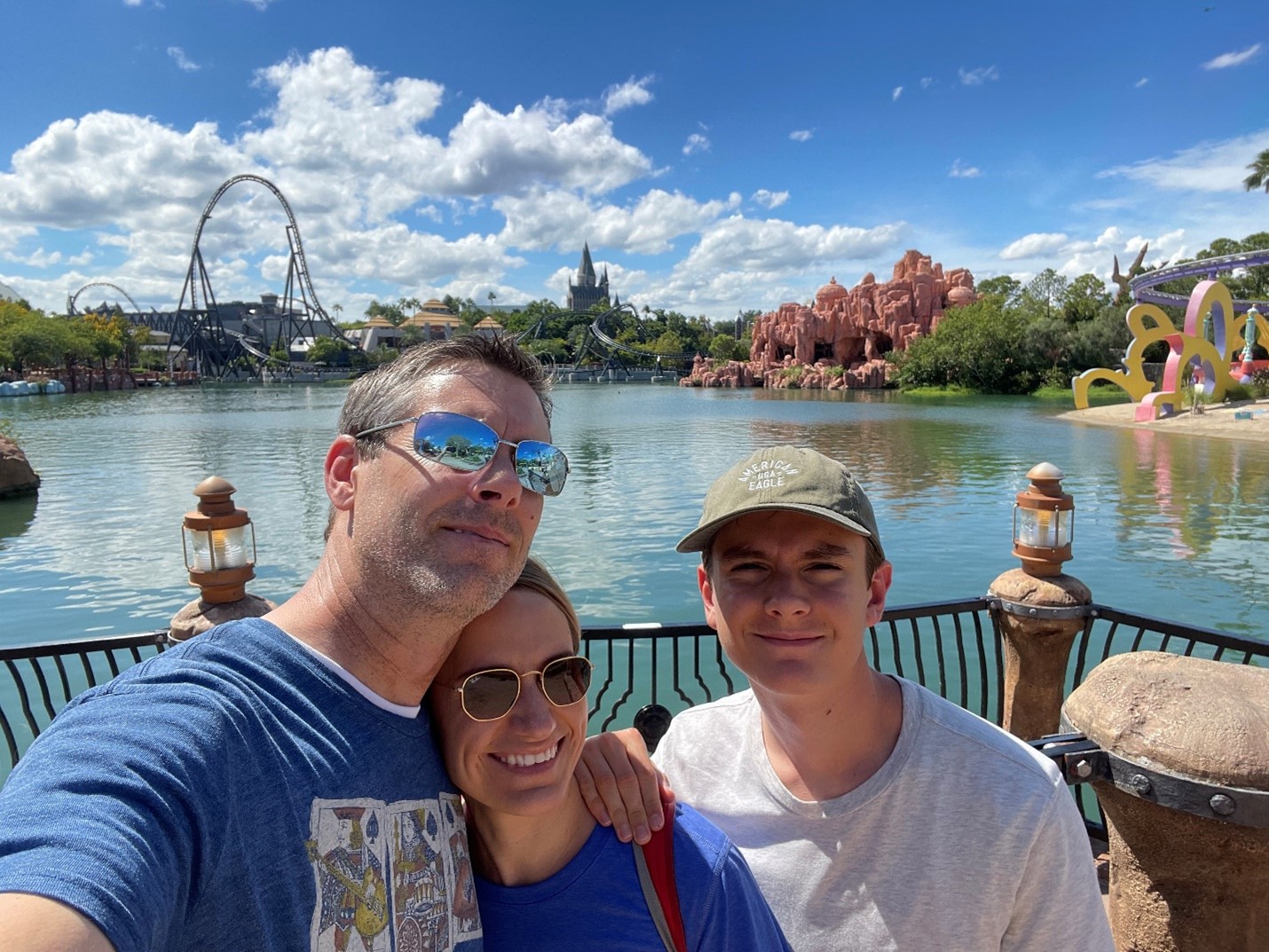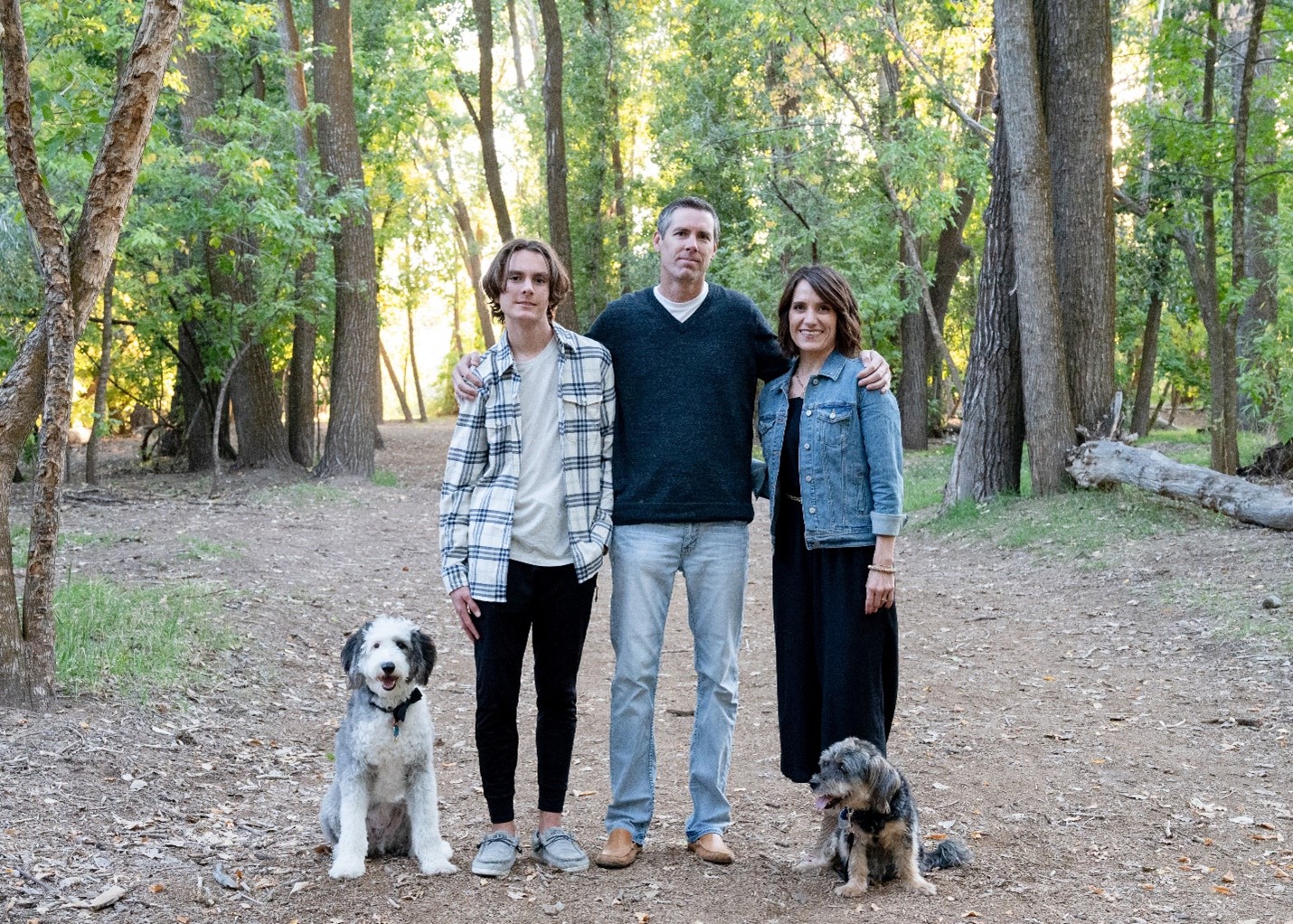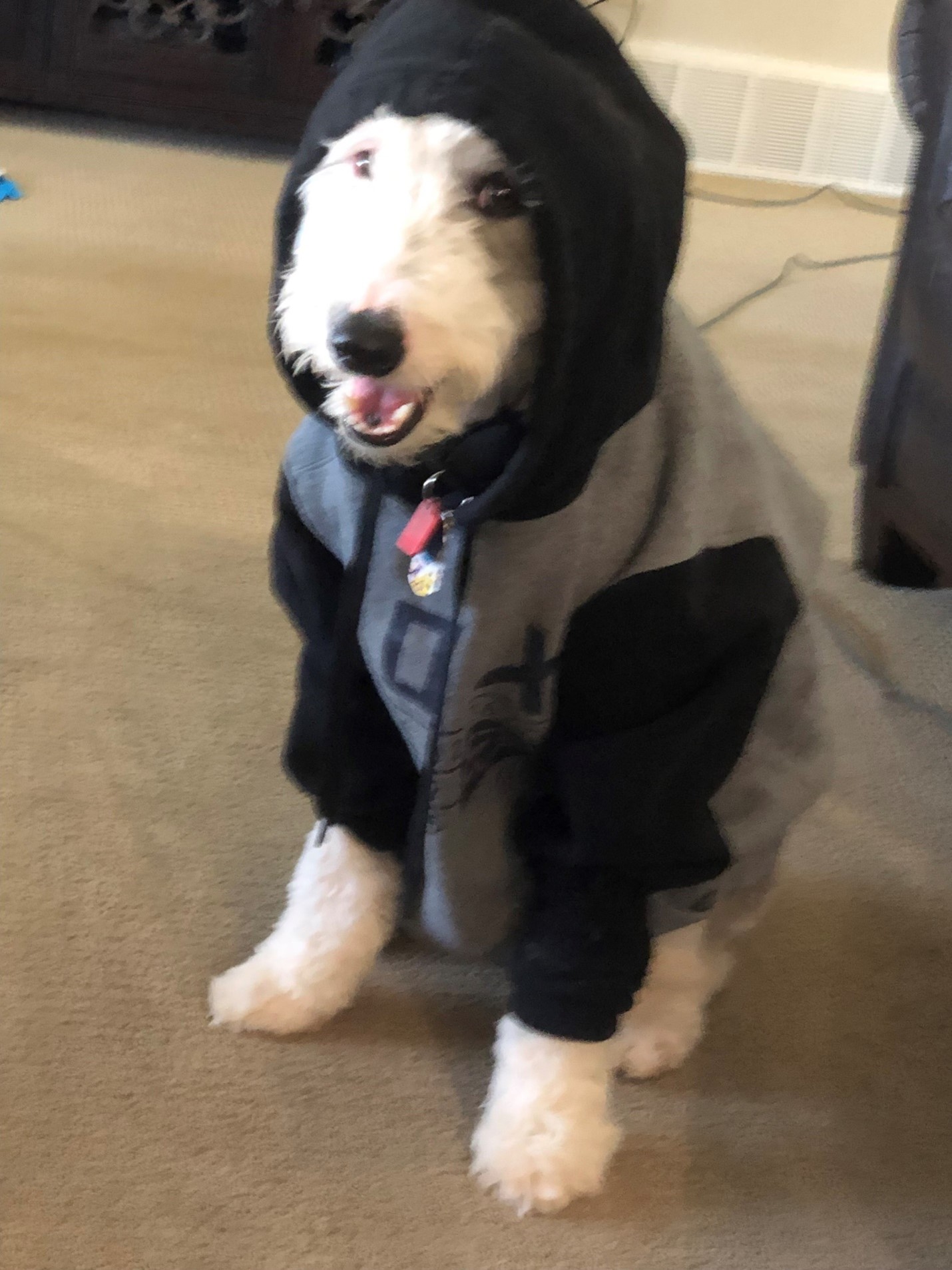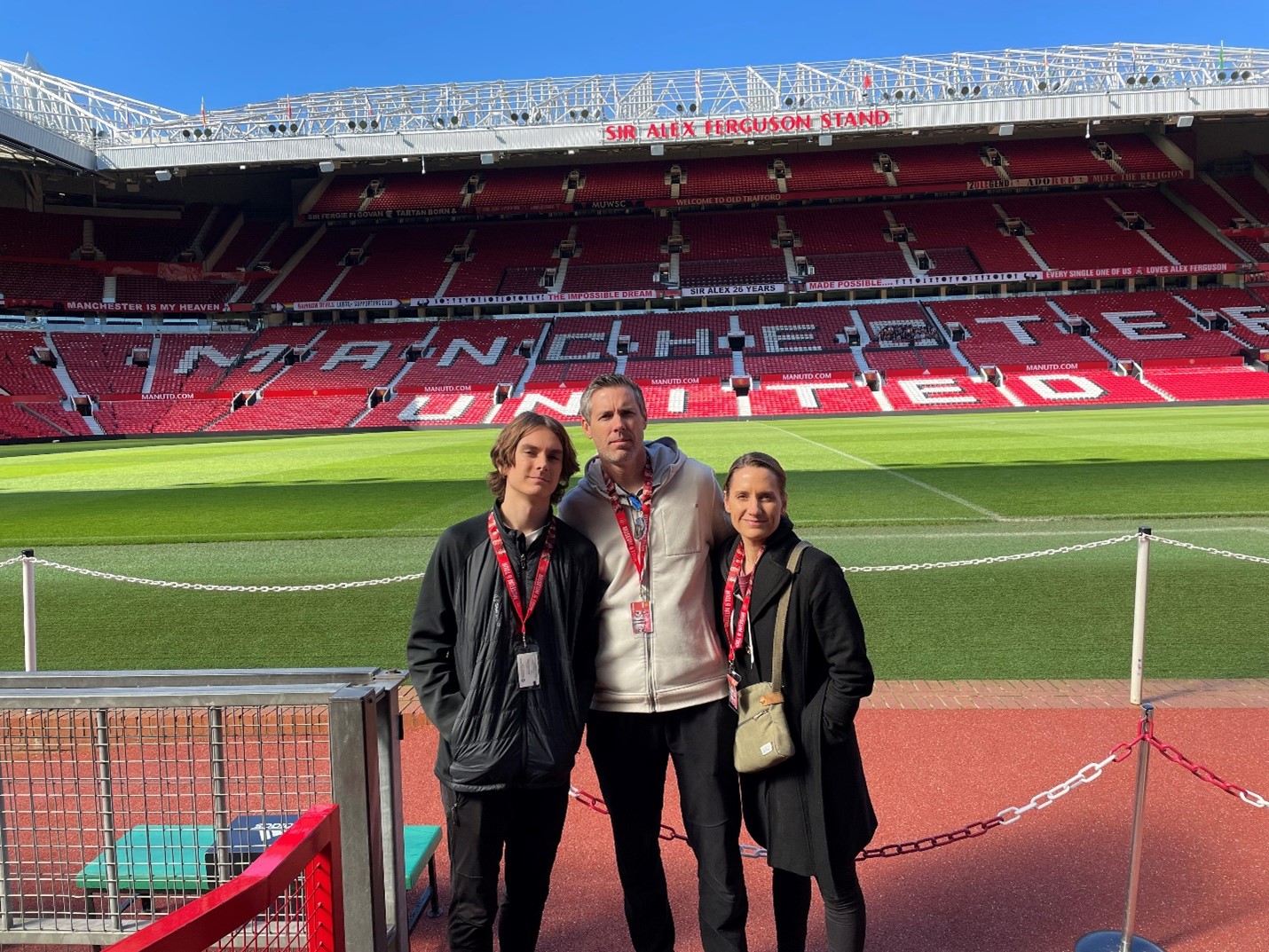Meet a member: ‘Relationships matter’

 Kory Anderson, MD, FACP, CHCQM, is the enterprise medical director for physician advisor services, CDI, and acute care quality at Intermountain McKay-Dee Hospital in Ogden, Utah.
Kory Anderson, MD, FACP, CHCQM, is the enterprise medical director for physician advisor services, CDI, and acute care quality at Intermountain McKay-Dee Hospital in Ogden, Utah.
ACDIS: How long have you been in the CDI field, and what did you do before entering the field?
Anderson: It’s been approximately seven years or so. When an organizational restructuring occurred and the decision was made to combine the CDI and physician advisor teams, the idea was to leverage the physician advisors to educate and connect with front-line providers in a way vendors historically had not been able to do at a fraction of the cost. I have been a hospitalist for almost 16 years and have been a part of Intermountain’s in-house physician advisor program for approximately 11 of those years. I’ve also served as the department of medicine chair at the trauma II facility I work at, as well as being the hospitalist group lead for about four years.
ACDIS: Why did you get into this line of work?
Anderson: Honestly, inpatient hospital care is stressful and exhausting. Doing those 16-18 shifts a month, where every day you had a list of very sick patients, got really hard. I needed to find some non-clinical work to balance the clinical. Physician advisor work, and by extension CDI, is a way to help our doctors and advanced practice professionals understand the business side of medicine and learn how what they do daily does to impact that.
Our physician advisor/CDI team is also tethered closely to quality, so this work has allowed me to help support the work of improving quality, safety, and outcomes for our patients on a broader scale—not just for those patients I see or even in my hospital, but across the Intermountain system. Intermountain’s mission is “Helping People Live the Healthiest Lives Possible,” and much of the work CDI is involved in helps with that by communicating an accurate story of the patient, hopefully leading to less duplication or unnecessary care, improved understanding of the patients we see, and better outcomes as all providers across the clinical spectrum know the patient and are aligned in their care.
ACDIS: What has been your biggest challenge?
Anderson: There are many challenges. Healthcare changes so fast, it is hard to keep up. I think the breadth of what CDI is now looking at and trying to impact has grown and continues to grow (hierarchical condition categories, CC/MCC, patient safety indicators [PSI], mortality, etc.). Our philosophy is to emphasize education to the providers, trying to help them document better up front. A noble cause, but it takes a lot of effort as new providers come, old ones go, and there continue to be more and more asked of clinicians.
I also think the rapid expansion of technology is challenging. There are so many vendors out there. All of them promise to help you bring in all the dollars you’re missing or improve your quality scores. It can be really hard to figure out what technology will truly bring value and is worth the investment.
ACDIS: What has been your biggest reward?
Anderson: It is great to work with clinicians. This is a space that is not talked about or taught often if at all in medical school or residency. Helping providers learn about this side of medicine is rewarding, as 95% want to do the right thing and very much appreciate a better understanding of CDI and utilization review, as well as what is happening with their cases if they’re denied. In doing this, there’s a benefit for our patients as well, which is why we all got into healthcare in the first place.
ACDIS: How has the field changed since you began working in CDI?
Anderson: As I said above, the scope of work is ever expanding, technology is growing, payment models are shifting, and more and more is asked of clinicians. Part of our job is helping providers understand this work and do it well, but also more efficiently and effectively considering that time in the EHR is one of the biggest struggles for clinicians and leads to less time at the bedside with patients.
ACDIS: Can you mention a few of the “gold nuggets” of information you’ve received from colleagues on The Forum or through ACDIS?
Anderson: I’ll be honest, I don’t know if I can call out a specific “gold nugget,” but what I would say is there are a lot of times you hear how others are doing the work and get reassurance you’re on the right path. Or otherwise, you hear a topic or an approach that you haven’t thought of and can take that back to the team to discuss and see if it makes sense to use.
ACDIS: Have you attended any ACDIS conferences? If so, what are your favorite memories?
Anderson: I have attended two conferences and a couple of the physician advisor-focused conferences/retreats that have been offered by ACDIS. I think the biggest thing is connecting with folks around the country. I still email and occasionally get on a call with other medical directors in CDI that I’ve met at those conferences to talk about work in mortality, or what they’re doing with PSIs.
ACDIS: What piece of advice would you offer to a new CDI specialist?
Anderson: Relationships matter. The clinical and review side of things will come. Much of this work is done through influence and partnerships, so developing and then leveraging those relationships can make a huge difference. Learning who the providers are and talking with them goes a long way to helping them do better upfront, but also allows you to help them on the back end when needed.
ACDIS: If you could have any other job, what would it be?
Anderson: I would want to be a professional golfer (a good one, not a bad one) or a golf announcer.
ACDIS: What was your first job?
Anderson: I didn’t work in high school, but out of high school I worked for a phone information company; people looking for a phone number or an address would call 411. I took English and Spanish calls.
ACDIS: Can you tell us about a few of your favorite things?
- Vacation spots: Hawaii is always nice, or a good golf trip like PineHurst and Bandon Dunes
- Hobby: Golf, reading, running, and playing with our mini-sheepadoodle Wally
- Non-alcoholic beverage: Strawberry lemonade
- Foods: Chicken and dumplings
ACDIS: Tell us about your family and how you like to spend your time away from CDI.
 Anderson: I have one child who is 19 and on a church mission for two years in Santiago, Chile, so it is just my wife and me with the dog. We like to take him for walks and play in the yard. When we’re all together, we like to travel a little and our son really loves soccer (futbol), so we watch a lot of Premier League games and have even taken a trip to see a couple in England.
Anderson: I have one child who is 19 and on a church mission for two years in Santiago, Chile, so it is just my wife and me with the dog. We like to take him for walks and play in the yard. When we’re all together, we like to travel a little and our son really loves soccer (futbol), so we watch a lot of Premier League games and have even taken a trip to see a couple in England.
